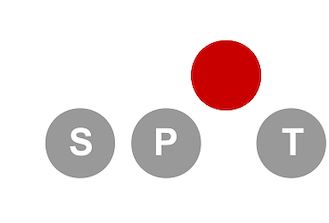Abstract
The subject of this talk is an industrial contract research project that involves a real-world scheduling problem arising in the research laboratory of a petrochemical production plant in Austria. Material samples of plastic products undergo a series of tests that can be of chemical, thermic or mechanic nature. Accordingly, they may require different kinds of technical equipment or instruments, and also qualified staff to operate them.
From a managerial perspective, the objective of planning and scheduling those tests is to keep cycle times short while utilizing the (limited) resources as efficient as possible. So far, the decision which tests to actually perform on which day (and on which resources) has been a matter of discussion and mutual consent in weekly planning meetings. The goal of the project is to automatize this decision process by implementing a tailored Advanced Planning System (APS). However, it turns out that various internal “clients” compete for the same resources and each of them wants their tests to be finished as quickly as possible. Apart from that, an automated creation of schedules for planning horizons of up to six weeks requires a high degree of data consistency and accuracy and the anticipation of both, resource demand and supply for much longer time periods as has previously been necessary.
The talk focuses on these organizational and technical challenges, shows how they have been handled more or less successfully and also covers implementational aspects. Strikingly, though advanced optimization methods like a genetic algorithm and a neighborhood search approach have been developed for the scheduling problem at hand, the company finally decided to employ a sophisticated one-pass heuristic due to better interpretability and lower computational requirements.
Biography

ROLAND BRAUNE is a post-doctoral researcher at the University of Vienna (Department of Business Administration). He holds a PhD in computer science from the Johannes Kepler University, Linz, Austria. In his research, he mainly addresses combinatorial optimization problems, in particular scheduling, bin packing and (large-scale) network design problems. The spectrum of employed solution methods covers approaches related to mixed-integer programming, problem-specific branch-and-bound techniques, but also constraint programming and meta-heuristics, as well as hybrids of heuristic and exact methods. An additional focus of his most recent research is the integration of machine learning and optimization approaches, with a special focus on “smart production” in the Industry 4.0 context. Besides academic research, he successfully conducted several real-world industrial projects related to production planning and scheduling. Roland Braune has published a series of articles in peer-reviewed top journals in the field of production logistics and operations research.
